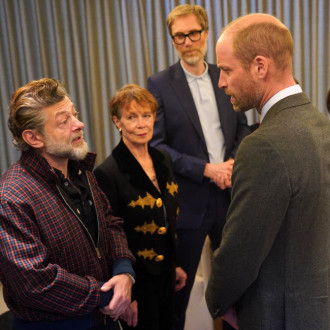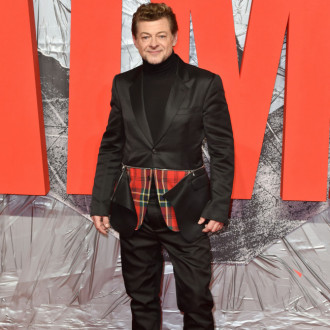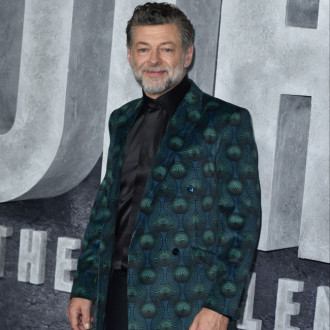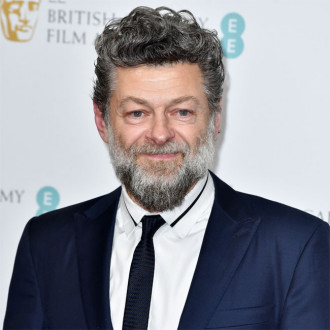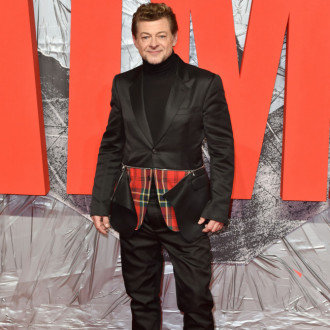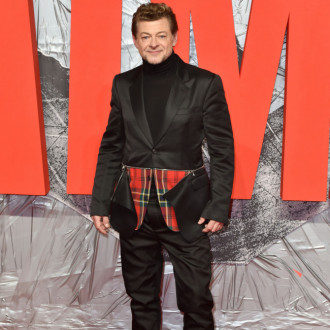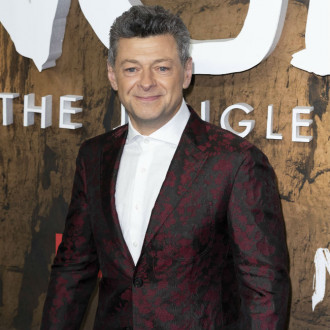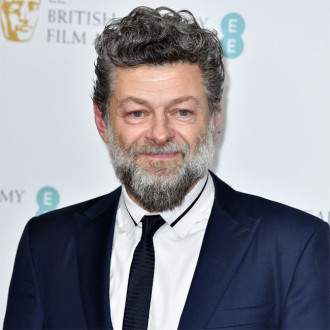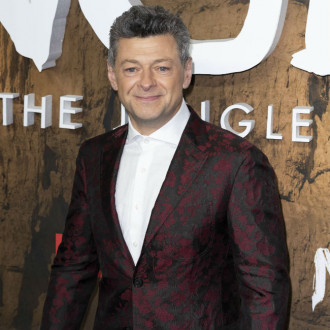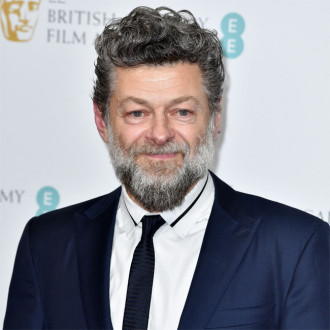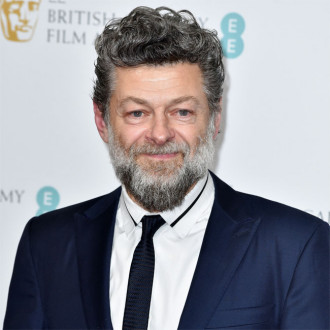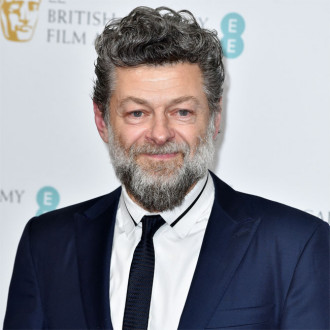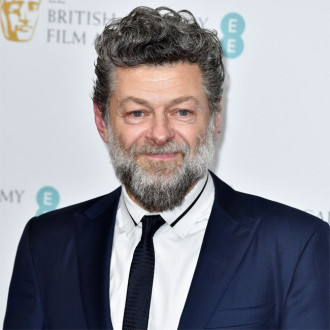Andy Serkis Thinks Planet Of The Apes Actors Should Be Up For Oscars
By Rich Cline in Movies / TV / Theatre on 14 July 2017
After pioneering motion-capture performance as Gollum in the Lord of the Rings trilogy, Andy Serkis has pushed the art further with his Planet of the Apes trilogy
The Planet Of The Apes series of films concludes with War for the Planet of the Apes, which is told through the eyes of his character Caesar. Serkis has consistently said that this kind of performance is "no different" than any other kind of acting. "An actor in a performance-capture role receives a script, works on psychology, emotions, motivation, and goes on set to be shot in exactly the same way as any other character," he says. "That performance is used to cut the movie, and it's that performance that creates emotion, pace and drama. The visual effects render the character, just like putting on makeup, except here it happens after the fact. It's digital makeup if you will."
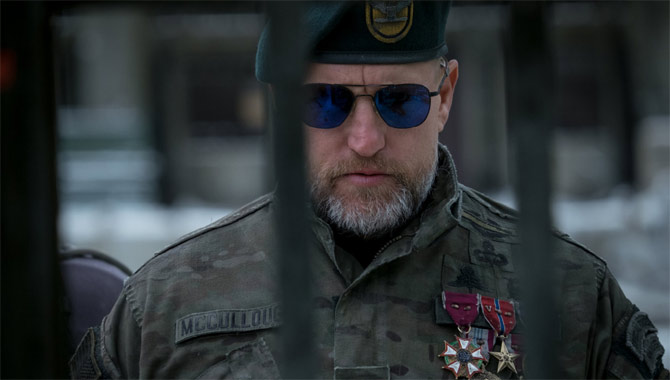
Serkis agrees that it's a collaboration between the actor and the visual effects team. "Of course there's this whole grey area," he says. "Who takes ultimate responsibility for the characters? But without question these characters are authored by what we do on set. They are not authored by animators. Animators do amazing work translating and interpolating the characters, the facial performances. But what we're creating on set, the emotional content of the scene and the acting choices in front of the camera, if they are not there on the day, they will never be in the movie."
Indeed, A-list actors are seeing the power of motion-capture technology, like Mark Rylance on BFG. And Serkis has directed a new version of The Jungle Book starring Cate Blanchett and Christian Bale.
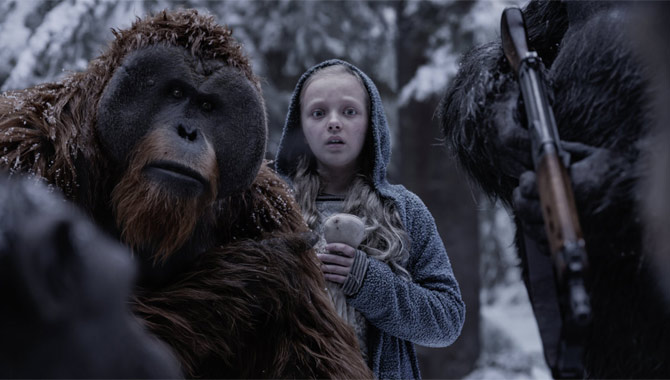
But he says that Caesar will always be one of his favourite roles. "I've played this character from an infant, which is very rare," Serkis says. "He essentially goes from chimp to human, starting to use sign language, becoming more upright. It's a subtle balancing act, because if you go too far on the human end, you can sound like an actor in an ape costume."
Indeed, the biggest difference this time is Caesar's mastery of language. "For Caesar now, the human word becomes his primary form of expression," Serkis says. "So that was a very big challenge for me personally in this movie in terms of charting the next version of Caesar - Caesar Part 3!"
But it's the future of performance-capture technology that excites Serkis. "The actor in the 21st century has a tool that enables you to totally transform into anything you want to play," he says. "It is the end of typecasting."
Contactmusic
Movies and Trailers

Star Wars: The Last Jedi Movie Review
After the thunderous reception for J.J. Abrams' Episode VII: The Force Awakens two years ago,...
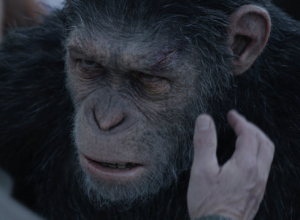
War for the Planet of the Apes Movie Review
The surprisingly thoughtful prequel trilogy comes to a powerful conclusion with this robust, dramatic thriller,...
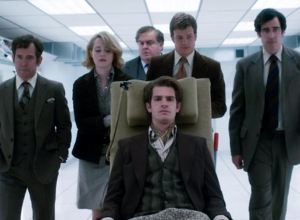
Breathe Trailer
Robin Cavendish seems to have everything. He is handsome, educated, extraordinarily intelligent and has a...
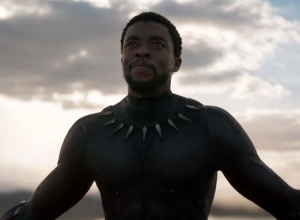
Black Panther Trailer
Wakanda is one of Africa's biggest nations, it's still a third world country but it's...
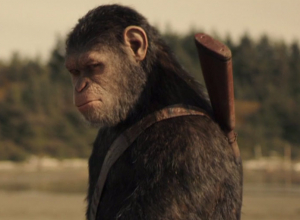
War For The Planet Of The Apes Trailer
The long anticipated war between man and ape has finally arrived. The leader of the...

Star Wars: The Last Jedi Trailer
After the release of The Force Awakens at the end of 2015, Disney and Lucas...
Advertisement

Star Wars Episode VII: The Force Awakens Movie Review
Appealing both to a new generation of viewers and fans of the series since the...
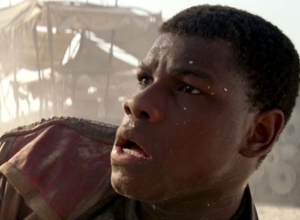
Star Wars: Episode VII - The Force Awakens TV Spot Trailer
After the victory of the Rebel Alliance over the Galactic Empire and subsequent demolition of...

Star Wars: The Force Awakens Trailer
It's been thirty years since the Rebel Alliance; led by the noble Luke Skywalker, the...
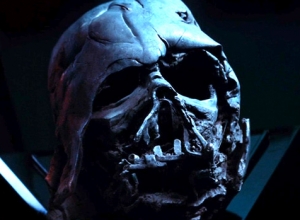
Star Wars: The Force Awakens Trailer
30 years ago, the Rebel Alliance struck their killing blow against the Galactic Empire. The...
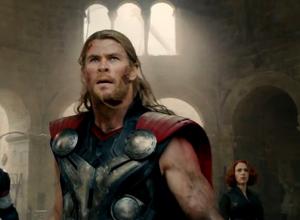
Avengers: Age Of Ultron Trailer
They've fought private military corporations, Nazi splinter-groups and a Norse god. Now, The Avengers assemble...

Star Wars: The Force Awakens Trailer
Set three decades after the devastating events of 'Star Wars Episode VI: Return of the...
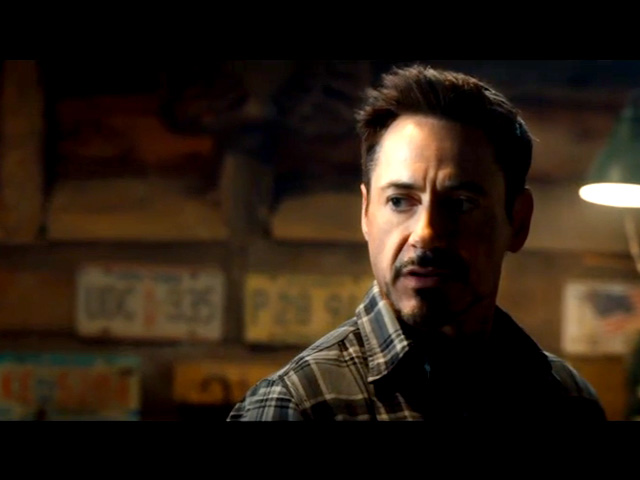
Avengers: Age Of Ultron Trailer
The Avengers may be feeling like they are capable of anything after saving New York...
Advertisement
